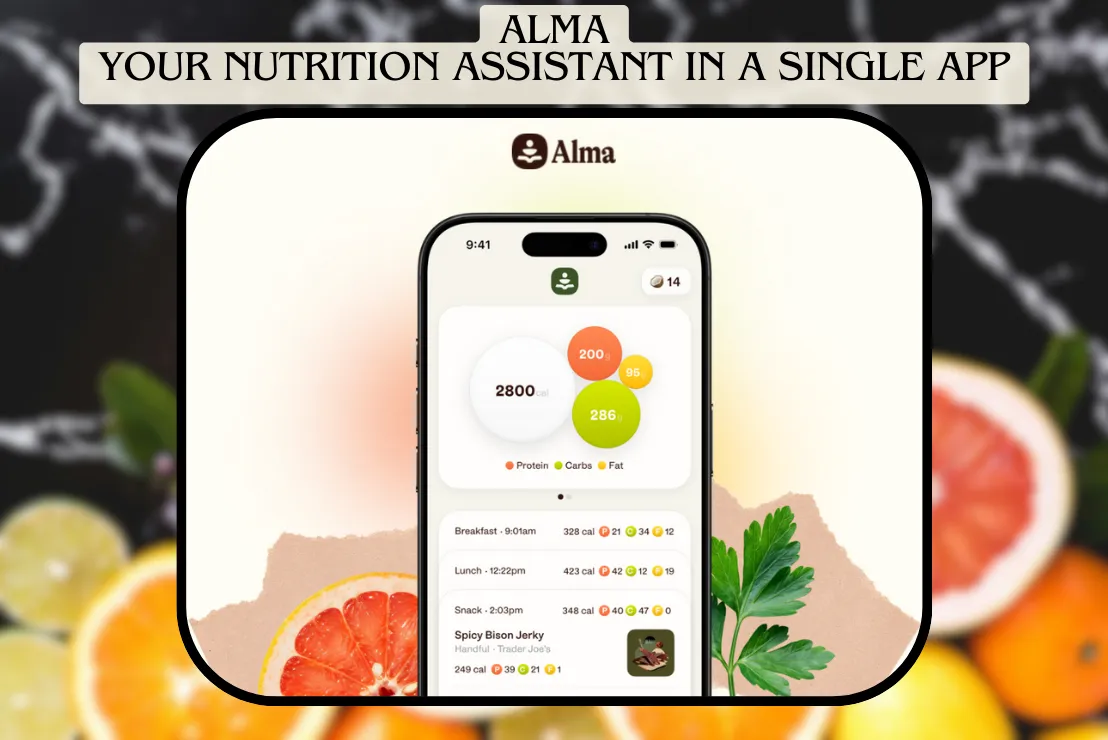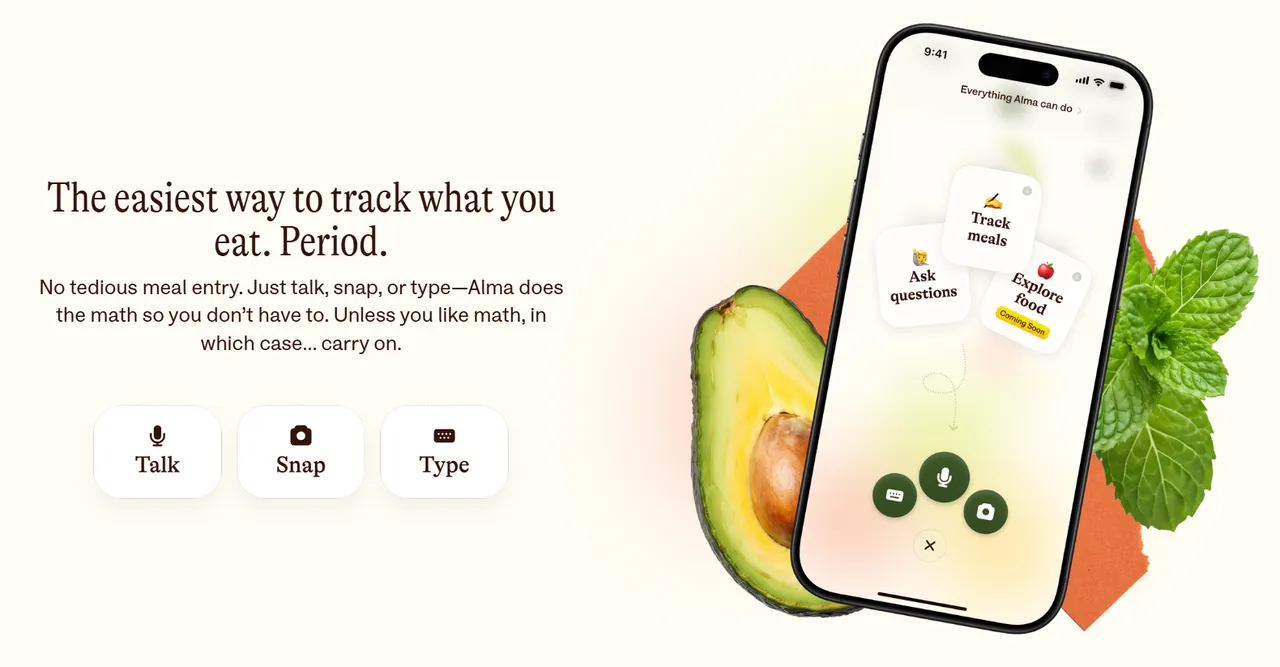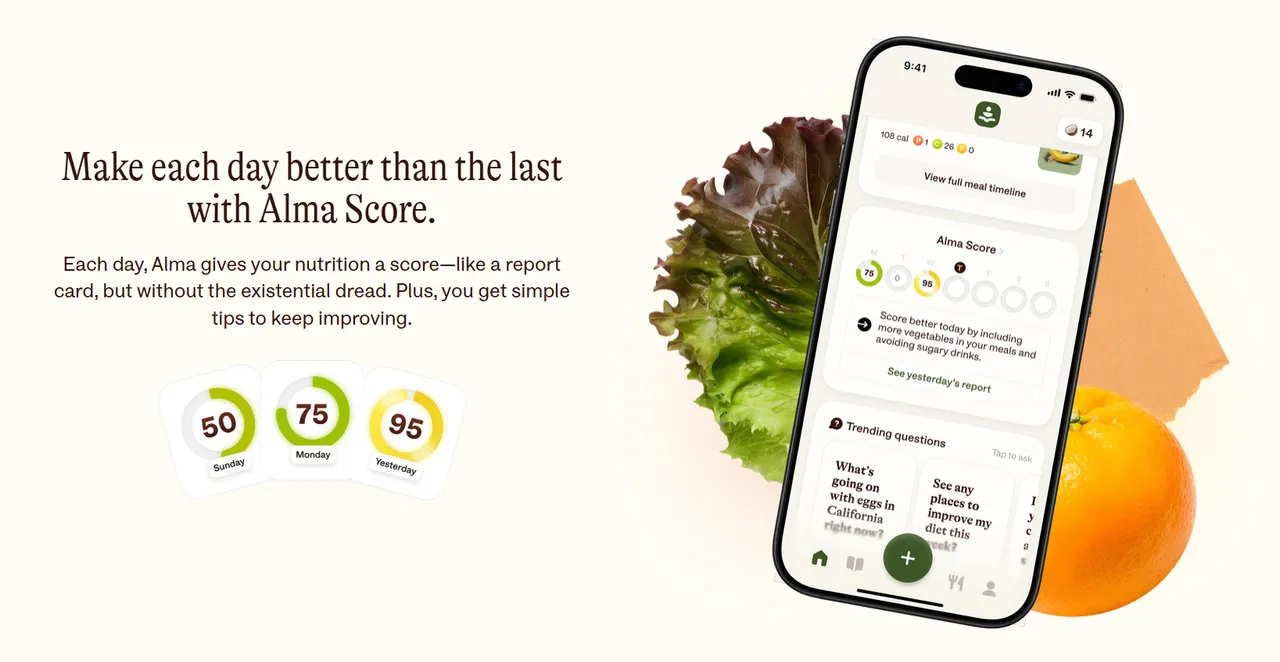
Hayley Maxwell | Unsplash
Today, certain professions are being challenged by the advent of AI. I guess it makes a lot of sense with the growth and expansion of this technology, which, needless to say, represents a turning point in this era. Many of the companies that create applications for mobile devices are incorporating artificial intelligence into their systems as a way to encompass various functions in order to provide the user with an unparalleled experience.
Generative AI has expanded its horizons, perfectly complementing each of the situations of our daily lives. So if we had to have knowledge about a particular subject, before, we would surely go to a professional. The arrival of this technology made people have an alternative opinion, perhaps with much lower costs. I am not going to lie, the first thing I usually use is AI to have a minimum dimension about what causes me intrigue, curiosity, or maybe I need to inform myself deeply about it; more with topics that have to do with health.
Nutrition seems to be an under-explored field in this regard, but that is about to change with the arrival of Alma, an app from former Whoop executive; Rami Alhamad.

We know that fitness is directly related to nutrition, so the experience transmitted by the former vice president of fitness products of that company, undoubtedly adds an ideal conformation in this sense. Under this premise, Alhamad believes that it is possible to offer a quality service based on the accumulation of diverse knowledge, which will be processed by an artificial intelligence model. This will allow users not to depend on appointments with therapists or assistants, thus avoiding costs that could be considered excessive. Instead, the application offers what is necessary to access these services at a considerably lower cost.
North America has the privilege of receiving in the iOS application market this interesting application, which is oriented to serve as a nutritional guide, with the great particularity that it has a calorie tracker, and as we had mentioned before, its system integrates artificial intelligence in its functions.

Nowadays, chatbots make our lives much simpler, because they somehow understand what we are looking to do, in a quite human way. Usually the AI waits for an instruction or question, although the models have been developing and managing to support new ways of introducing requests, such as using images or being able to interpret an image to give an answer in context. The latter is a feature that the app we are talking about has enabled, which translates into if you take a picture of a meal, the algorithm could identify the dishes.
Alma's assistant will do a great job when you have to consult about what portions you should consume, in what quantity, and how many calories that meal contains. This is very important for anyone looking to maintain their health in the best state, I do not think it is only for those who are athletes or do fitness. In addition, something that can be highlighted is that the assistant will also be able to offer you dishes that have an adequate nutritional value for a good diet, either by uploading an image of the menu, or by talking directly to the assistant.

On the other hand, there is a score based on how we manage our diet, so that the intelligence evaluates the amount of macronutrients and calories, and with respect to this, reflect our progress positively, or otherwise, suggest tips on how to improve our diet. The more we use the AI assistant, the more it can learn about how we are doing, understanding what preferences we have and what steps can be taken, giving us a series of suggestions.
One might think that there are a number of AI tools available, but what Alhamad believes is that personalizing a diet or nutrition treatment will make the end goal much more successful and successful. With this, you eliminate having to give instructions all the time, because there is an AI that is tracking the diet treatment that you are doing, and that really makes a difference in the results.
The startup, Alma, has raised an impressive $2.9 million to continue its development, funded by Menlo Ventures and Anthropic. This will allow for tangible development at the level of innovation and evolution. Suffice it to say that Alma makes use of various AI models, but also queries a large knowledge base that comes from Hardvard Nutrition. As its development progresses, it could expand its knowledge beyond the United States, for a much more assertive nutritional knowledge value in terms of dialogue with the user.
You can purchase the app on a monthly basis, a $19 value, or go for a $199 annual subscription. If you get results and can maintain them over time, without the risk of using drugs that are harmful to your health, I think it is something we should consider. The truth is that this application is very interesting; a technology that will substantially change the perspective you had on nutrition.

- Main image edited in Canva.
- Complementary images obtained from: Alma web site.
- Information has been consulted from: techcrunch.com.
- Translated from spanish with DeepL.